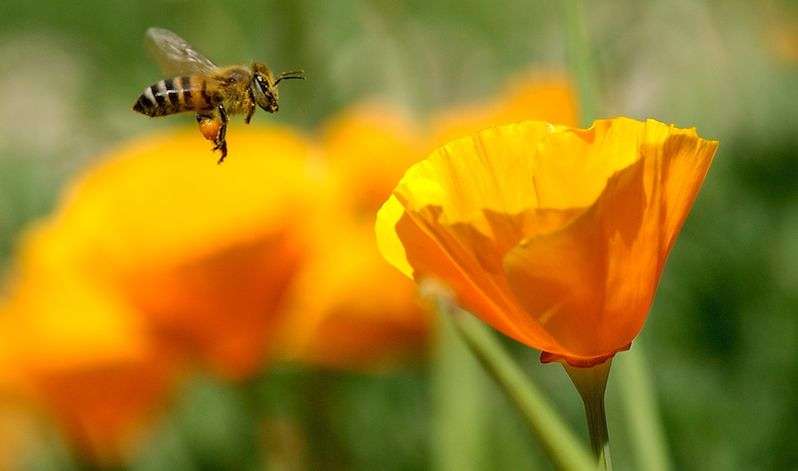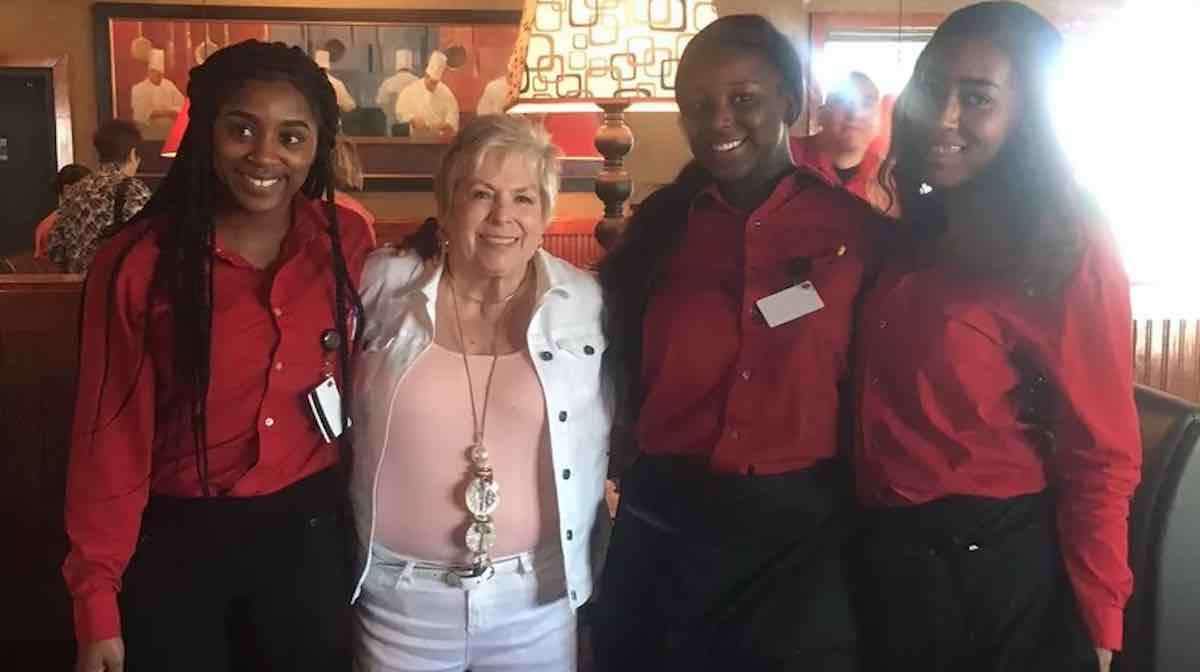Legislators are stepping up to protect important insects by proposing a "road network" that would act as a kind of wildlife corridor for bees, moths, and butterflies.
The "Protection of Pollinators Bill" was presented to the British House of Commons this week as a means of saving the dwindling pollinator population. If accepted, the legislation would allow conservationists to help communities and businesses plant wildflowers and shrubberies that nourish pollinating insects. These patches of greenery would then create pollinator corridors - or "B-lines", as they're also called - that could offer sanctuary to insects in every connecting region of Britain and allow them to fly freely across the countryside without being restricted to small patches of grassland.
The agricultural campaign would involve sprucing up roadside areas and identifying unused public areas that could be converted into leafier habitats, as managed by the Department of Environment, Food and Rural Affairs.
The proposal is a welcomed follow-up to the European Union's recently-approved ban on pesticides that harm bees.
Charities such as Buglife have already begun planning community initiatives for the corridors.
Conservative MP Ben Bradley introduced the bill in Parliament by saying: "Pollinators are facing unprecedented challenges, including climate change, intensive farming, pests and diseases, pesticide use and urban growth. They need food, water, shelter and nesting areas as well as the ability to roam far and wide-as they would naturally, without the barriers placed in their way as a result of urban sprawl. As the concrete jungle grows, their natural habitat inevitably shrinks.
"It is important to note that creating wildlife sanctuaries and protecting our green spaces will not only support our bees and âinsects; it will also have other positive outcomes for everything else. It will have a beneficial impact on our local communities, and on our individual mental health and wellbeing.
"That is as significant-if not more so-in deprived areas. Green spaces are places of tranquillity and provide a space away from the hustle, bustle and stresses of modern life-the more the merrier, in my view," he added.
Beeee Sure To Share The Buzz With Your Friends - Photo by Danny Perez Photography










Be the first to comment